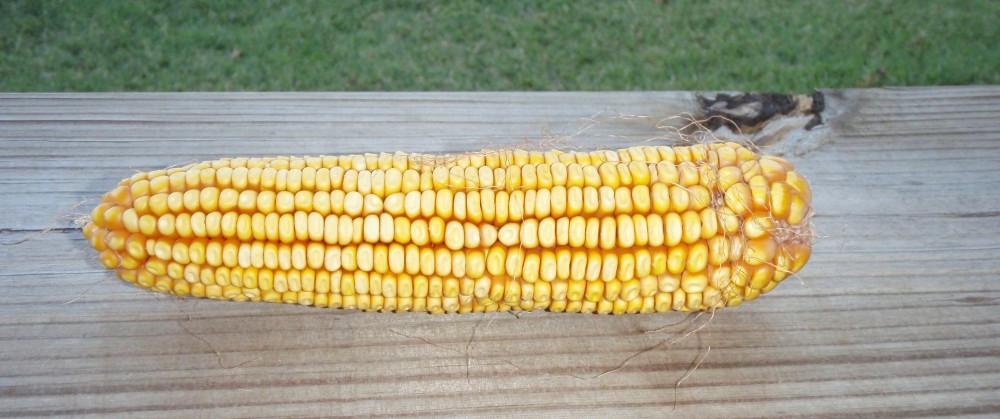For some, the “Big Four” of health problems, those that pose the most concern and present the most worry, are identified as: Stroke, Heart Failure, Cancer and Diabetes.
I hope you have never have any of the Four.
The Guna people of Panama and Colombia appear to have a very low occurrence of the Big Four. Guna are reported to drink up to 40 cups of cocoa a week. Some feel there is a strong link here, and one that should be considered by more than the Guna.
I am looking at a bar of chocolate from Switzerland. On the back, under ingredients, it says “cocoa butter.” The on-line dictionary defines “cocoa” as “a chocolate powder made from roasted and ground cocoa seeds.” There’s that word: “chocolate.” No one knows for sure where the name chocolate came from, but everyone knows chocolate is sweet and wonderful and made from cocoa. Cocoa is the root and well being of chocolate and the source of its many beneficent qualities. Watch the 2000 movie “Chocolat” and see yourself the joys and benefits of cocoa turned chocolate.
Science is catching up. Scientists been studying, studying chocolate, studying cocoa.
In cocoa and the chocolate in my pantry and on your counter is an antioxidant. Don’t throw out the chocolate! Antioxidant is not a bad word. It means “anti” for against and “oxidant” for oxidation or oxygen, against oxygen. Don’t stop breathing! Oxygen is OK, and other oxidants are OK, most of the time. What happens is that oxidants sometimes steal from other things in our bodies, good things, stable things. They take away electrons from the good things and make them upset and unstable and radical, free radicals. As we get older or something weakens our systems, oxidants hold greater sway and free radicals appear more often and become less disciplined, they misbehave more, and this bad behavior can trigger strokes, heart failure, cancers and diabetes. We need something against these free radicals and the bad oxidants who led them astray. We need antioxidants.
Some scientists recently made a bunch of healthy people, aged 50 to 69, drink a whole bunch of chocolate, the average of about two-thirds of a pound of dark chocolate or seven full-size bars a day. Actually, it wasn’t that good. (I would have signed up had it been.) The scientists made the test group drink a mixture containing an antioxidant found in chocolate called “epicatechin.” That’s a big name for a complicated molecule. A better name might be “home-room mother.” Well, that teacher’s aide sits those misbehaving free radicals down and gives them a new electron of their own. The kindness is too much. The radicals settle down, behave normally and refuse to be lured away again by those bad oxidants. Madam Antioxidant, Home Room Mother Epicatechin, not only returned the room to normal, the students are performing like they did in the old days.
In the real study, our “senior” subjects, and I quote from yesterday’s paper, “performed like people two or three decades younger on the study’s memory task.” Go see that movie “Chocolat” again. Cocoa really is a fountain of youth, an antioxidant to be admired and savored — although I can’t say I would recommend seven bars a day.
We can say the active ingredient in cocoa did improve the brain function of the study participants.
The newspaper went on to state: “The findings support recent research linking . . . epicatechin . . . to improved blood circulation, heart health and memory in mice, snails and humans.” I didn’t know mice and snails had a fondness for chocolate. I am certainly on the human side, and I second those findings.
Science still has a way to go. The Big Four are still the Big Four. Still, it is heartening to know an effective treatment may be only steps away.
See you later. I think I need an antioxidant.
Where did I put that medicine?
One bar should do.
Grandpa Jim
